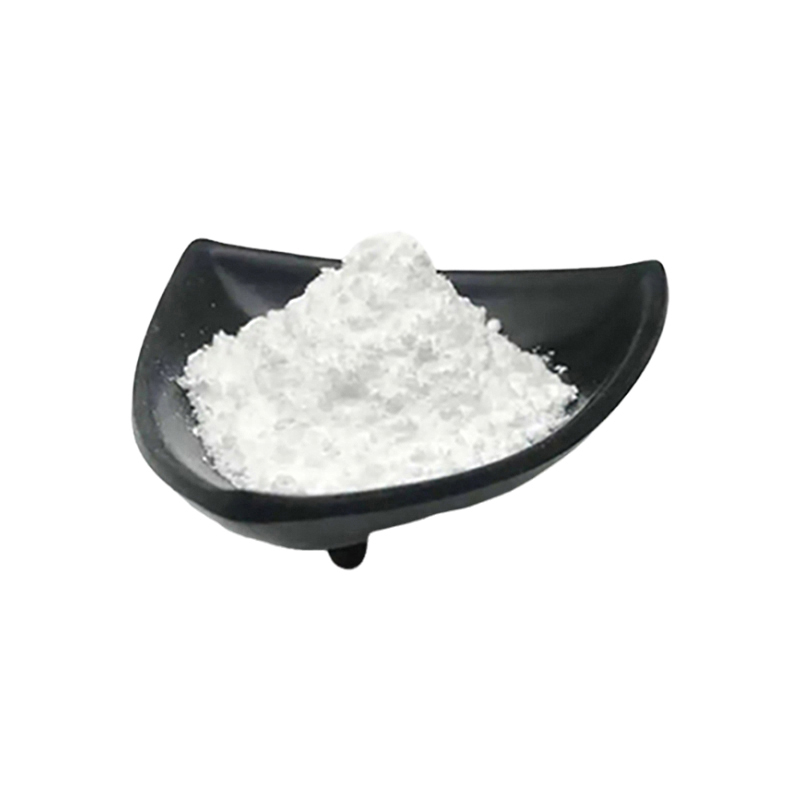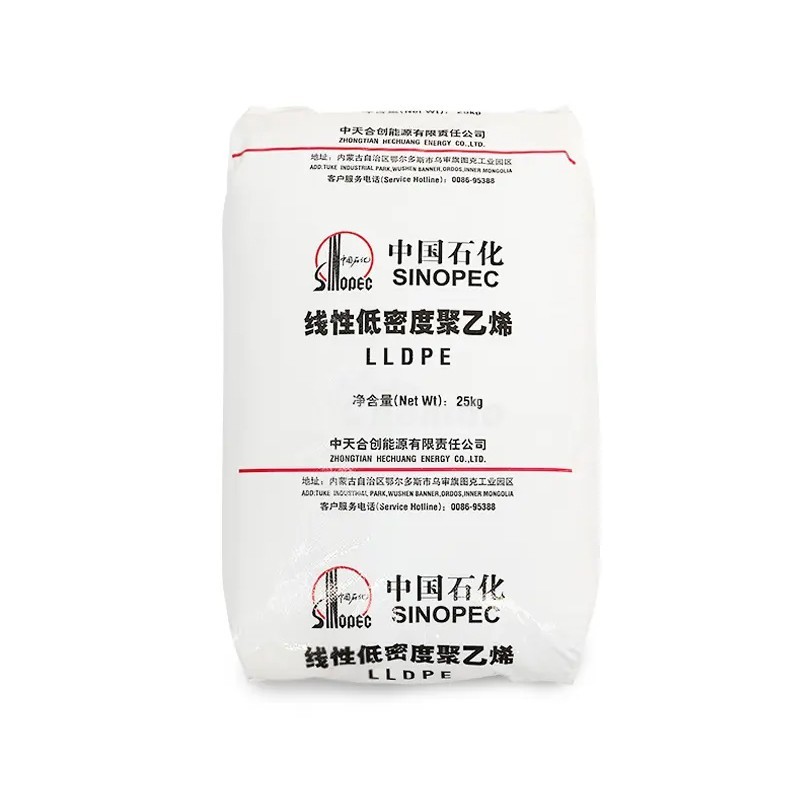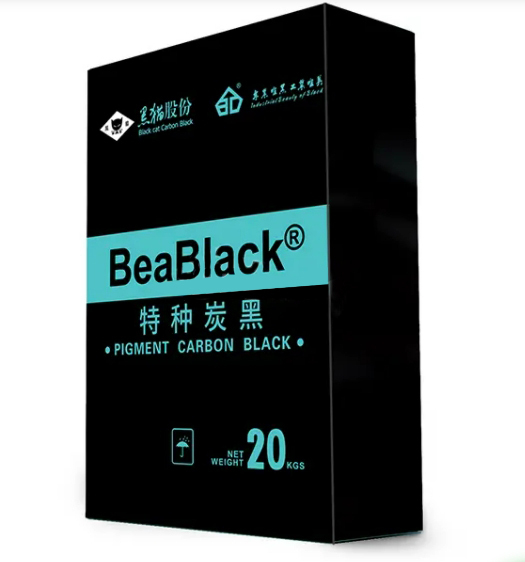Sorry, no matches were found for 'vehicles' Please try another keyword.
Request For Quotations
Q
is the chevy 4.3 l v6 a good engine
I'm a seasoned industrial engineer with a keen interest in machine learning. Here to share insights on latest industry trends.
TechTools360: Featuring the latest in industrial technology, tools, and machinery. Your guide to navigating the future of industry.
You May Like
Extracting color pigments from beets involves a straightforward process that capitalizes on the vegetable's natural dye properties. To start, select fresh beets for their vibrant color. Begin by washing and peeling the beets, then chop them into small pieces or grate them to increase the surface area exposed to the extracting solvent - usually water for home projects. Place the chopped beets into a pot of water and bring it to a gentle simmer. Allow the mixture to simmer for at least an hour, checking periodically. The longer you simmer the beets, the more concentrated the pigment will become. Once you achieve the desired concentration, strain the liquid from the solid beet pieces, discarding the solids. The resulting liquid is a concentrated beet pigment that can be used for various applications, such as natural fabric dyeing, inks, or for culinary purposes. For a more enduring pigment, vinegar or salt can be added as fixatives to stabilize the color.
The phrase "keeping f2100 on waste ink" likely refers to the waste ink system of the Epson F2100, a popular direct-to-garment printer. This printer, like many inkjet printers, uses a waste ink pad or system to collect any ink that is purged during cleaning cycles or not used in printing, preventing ink overflow and maintaining print quality. Keeping the printer on signifies that over time, the waste ink system can become full, necessitating maintenance. Regularly checking the waste ink levels and having it serviced or resetting the waste ink counter (if the printer design allows) is advised to avoid printer damage or decreased performance. Proper maintenance ensures longevity and consistent print quality of the F2100.
A PVC sleeve is a type of protective covering crafted from Polyvinyl Chloride, a versatile and durable plastic material. These sleeves are extensively used in various applications such as electrical wiring insulation, to prevent abrasion, and to offer a layer of protection against environmental elements. Moreover, PVC sleeves are employed in plumbing, mechanical systems, and in crafting to bundle together cables, wires, or other elements, maintaining organization and safety. Due to PVC's chemical stability, sleeves made from this material are resistant to acids, bases, salts, fats, and alcohols, making them ideal for a wide range of industrial and domestic applications. Their flexibility, ease of installation, and cost-effectiveness make PVC sleeves a preferred choice for safeguarding components in numerous environments.
Recommended Suppliers
You May Like
Q&A
- •why is trans trans-1 4-diphenyl-1 3-butadiene thermodynamically stable
- •how to know what ink you need
- •how long is a cord of yarn
- •is pvc a tpo
- •what is 412 thickener
Popular Information
- •Dow introduces a range of reduced carbon caustic soda products
- •Meghmani Finechem Q1 Results: Net profit jumps nearly 3-fold to Rs 108 crore
- •Favorable Supports, China PVC Market Price Rises (August 1-19)
- •Low Deadlock in China LLDPE Futures in the First Half of June
- •UAE investor Shaheen joins Ta’ziz, Reliance JV for $2-billion chemicals project in Ruwais
















